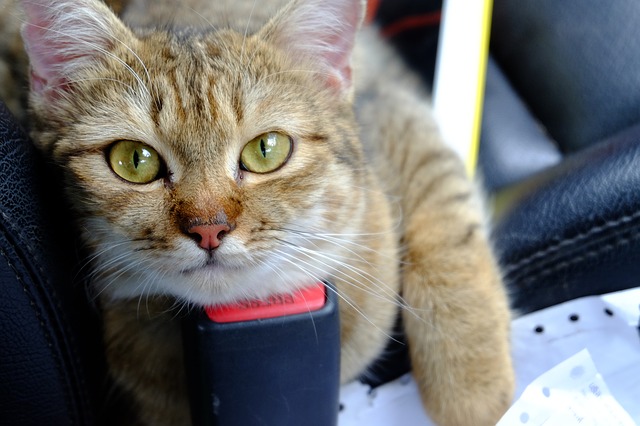Thanks to a new law, Belgium will require almost all of their 2 million cats to be spayed or neutered by the year 2020. This is an effort to curb the country’s growing population of stray cats. While some cities, states, or provinces have implemented similar laws, Belgium is the first country to require it nationwide. In a country of just over 11 million people as of 2016, people abandon nearly 30,000 cats every year. Half of these euthanizations are due to a lack of room in the country’s shelters.

The government has ruled that all kittens must be spayed or neutered before the age of 6 months. Any cat brought in from another country that will stay longer than 30 days will also be required to be sterilized. Older cats will be required to be spayed or neutered as well. A 50 euro fine will be imposed the first time it is discovered that a cat is still intact. Refusal to comply over the course of several years can result in a fine up to 10,000 euros.
A centralized data network called CatID registers cats as they visit the vet or land in a shelter. Cats will be microchipped and their reproductive status will be listed in CatID.
Bianca Debaets is one of three ministers in Belgium responsible for the new law. She said:
“The logic is to stop the overpopulation of stray cats in the street. However, the measures will apply both to domestic and stray cats. Since registration and identification is mandatory for the whole country, sterilization can be certified through the database.”

Cat owners haven’t exactly been jumping on the opportunity to comply with the new law, which went into effect at the beginning of the year. So far, only 14,882 cats, which is only 0.7% of the cats estimated to be living in Belgium, have been registered with CatID. Still, veterinarians are starting to see a slow increase in the amount of owners asking for their cats to be spayed or neutered. Veterinarian Emmanuel Denis said:
“Since the decree came into force, more and more people have been coming in to ask that their cats be spayed or castrated, if they were not already. Some are afraid that if they run away, shelters will hold onto them for a very long time as they wait to be sterilized.”
Some owners are expressing concern about the country nosing into their private business when it comes to their beloved pets. Belgian resident Agnes Vandenschrick said:
“Politicians are taking away our liberty to have a cat without paying taxes, and also without genetic control. Obviously, there won’t be many cats left if everyone follows this rule, and the government should leave us and our cats in peace.”

In 5 years, a legal review will determine the impact of the new law.
What do you think about this? Does the government have the right to control pet overpopulation by mandating that pets be spayed or neutered, or is there a better way to control overpopulation problems? Let us know what you think in the comments!
(H/T: Euro News)

